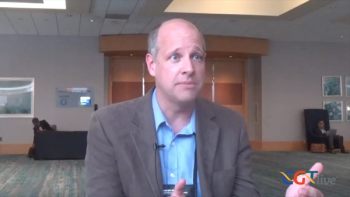
The assistant professor of medicine and pediatrics at Stanford University discussed updated data from 2 studies of Orca-T cell therapy.

The assistant professor of medicine and pediatrics at Stanford University discussed updated data from 2 studies of Orca-T cell therapy.
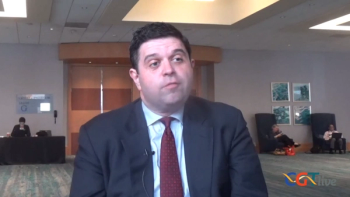
The professor medicine and pediatrics at Washington University in St. Louis overviewed data from the SPEARHEAD-1 trial of afami-cel.
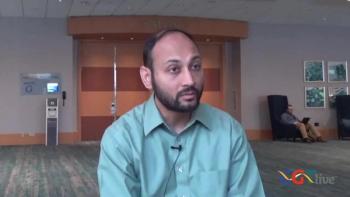
The assistant professor of medicine at Vanderbilt University Medical Center discussed results from a retrospective analysis presented at the 2023 Tandem Meetings.
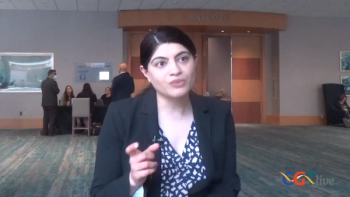
The assistant professor of medicine, bone marrow transplantation and cellular therapy, Stanford, discussed favorable data from a real-world experience study.
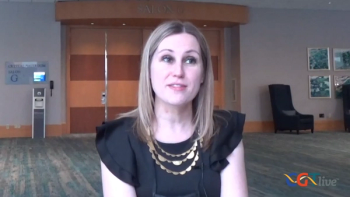
The hematologist/oncologist at Cincinnati Children’s discussed unfavorable outcomes with tisa-cel reinfusion in patients with B-cell acute lymphocytic leukemia.
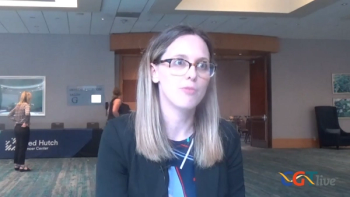
The locum consultant of pediatric BMT and leukemia at Royal Manchester Children’s Hospital discussed the limited distribution model of arsa-cel in Europe.
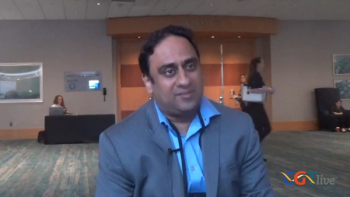
The associate professor of medicine at Medical College of Wisconsin discussed trials assessing the dual, CD19/CD20-targeting CAR T therapy.
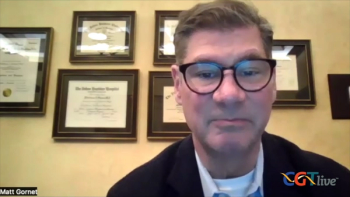
The spine surgeon from The Orthopedic Center of St. Louis discussed unmet needs in the lumbar DDD population.
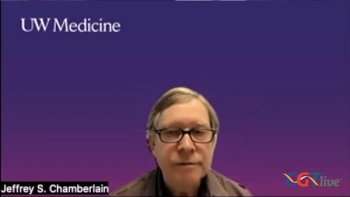
The professor and director of the Sen. Paul D. Wellstone Muscular Dystrophy Specialized Research Center at University of Washington School of Medicine discussed the paper he recently coauthored.
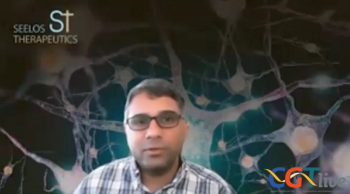
Mehra and Subramanian discussed preclinical safety studies with the gene therapy SLS-004 and plans for future research.
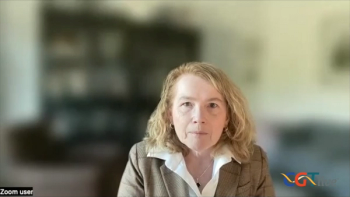
The director of the CCU/ICU at Saint John’s Health Center discussed a possible more collaborative approach to treating patients in the future.
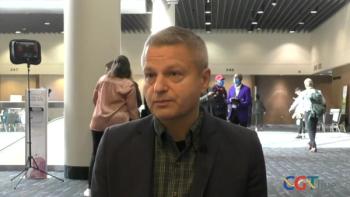
The associate professor of medicine from University of Pennsylvania discussed advantages of huCART19-IL18 in NHL and CLL.
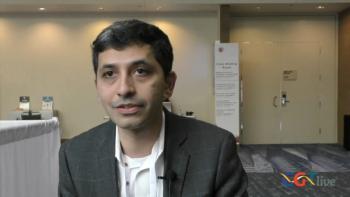
The associate attending physician at Memorial Sloan Kettering Cancer Center discussed further research that remains to be conducted with the allogeneic cell therapy.
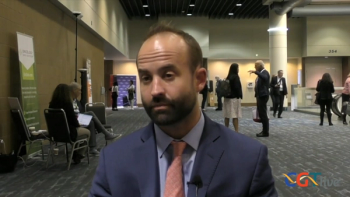
The assistant member of the department of malignant hematology at Moffitt Cancer Center discussed updated data on the allogeneic CAR T therapy, UNICART123v1.2.
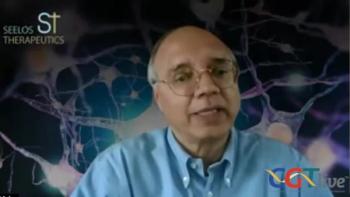
Mehra and Subramanian discussed preclinical research with the investigational gene therapy SLS-004.
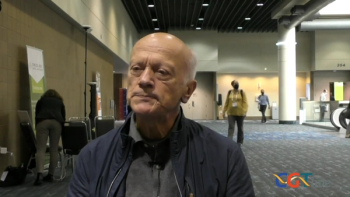
The professor at University Hospital Dresden discussed the positive safety profile of Unicar-T-CD123.
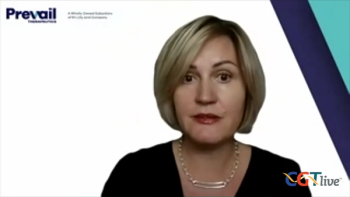
Olga Uspenskaya, MD, PhD, vice president, clinical development, Prevail Therapeutics, discussed the PROCEED trial of PR001.
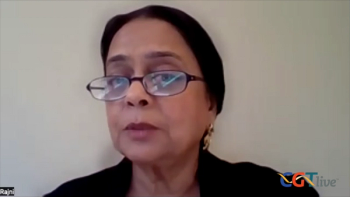
The professor of pediatrics at Stanford Cancer Institute discussed recent data from clinical trials of the lentiviral gene therapy RP-L102.
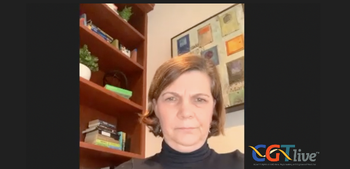
Simeone discussed the progress and challenges seen so far in the BASECAMP-1 observational study.
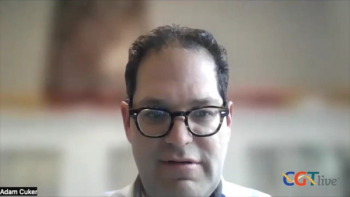
The associate professor of medicine at University of Pennsylvania discussed new data from the BENEGENE-2 study of fidanacogene elaparvovec.
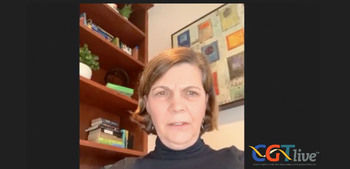
Simeone discussed the design of BASECAMP-1, an observational study for patients previously treated for solid tumors who are at a high risk of relapse.
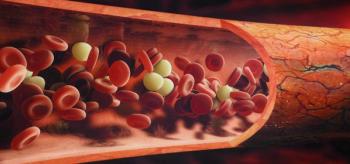
Steven Pipe, MD, CS Mott Children’s Hospital, discussed the latest follow-up data from the HOPE-B study of the approved therapy, Hemgenix.
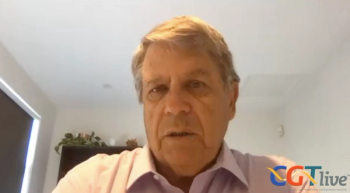
The chief executive officer of Cartherics discussed the company’s development of NK cell, T-cell, and macrophage cell therapies for various solid tumor indications.
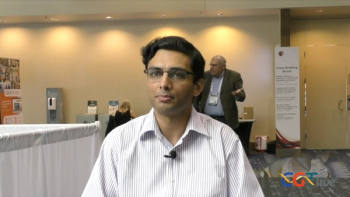
The assistant member of the bone marrow transplant department at St. Jude Children’s Research Hospital discussed advantages of OTQ923 in treating SCD.
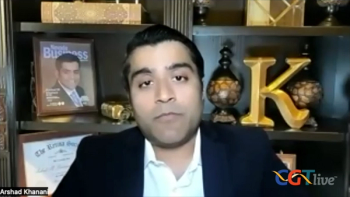
The director of clinical research at Sierra Eye Associates discussed data from the phase 1/2 PRISM study.

The director of the CCU/ICU at Saint John’s Health Center discussed updated data from a phase 1/2 trial of agenT-797.
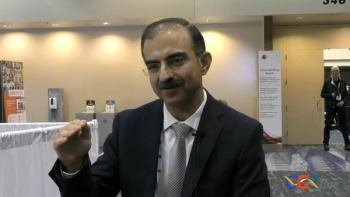
The associate professor of medicine at Siteman Cancer Center and WUSTL discussed further research to be done with CAR T-cell therapies.
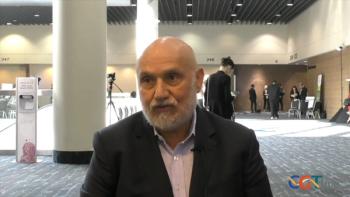
The chief medical and scientific officer of Tessa Therapeutics discussed data from the BESTA and CHARIOT studies presented at ASH 2022.
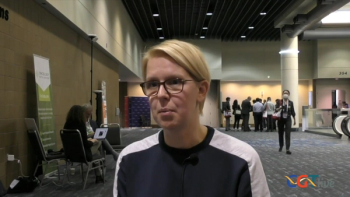
The assistant member of the bone marrow transplantation and cellular therapy department at St. Jude Children’s Hospital discussed preclinical research presented at ASH 2022.
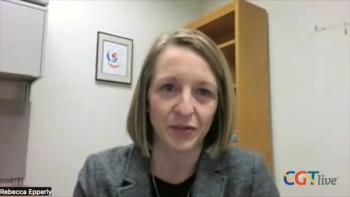
The clinician scientist at St. Jude Children’s Research Hospital discussed the session on cell therapies in acute leukemias and Hodgkin lymphoma she moderated at ASH 2022.